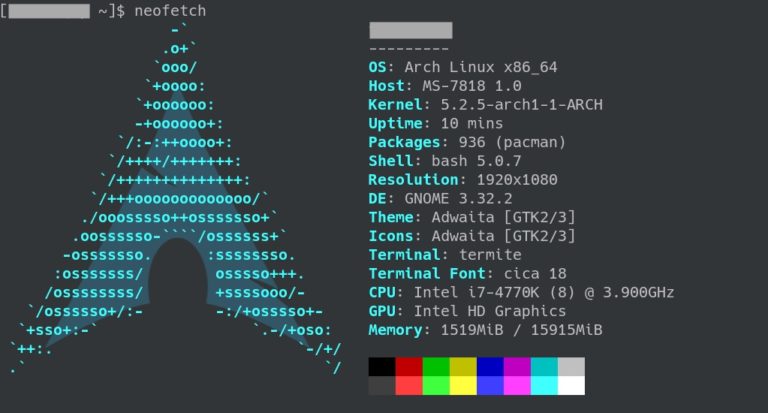

ffmpeg doesn't sound as good, even with the tweaking, altought this is probably also a matter of taste. an Ardour archive with all of them loaded for easy comparison.Ĭonclusion: fftw3/zita sounds good (there might be a tiny difference between the bundled zita libs and the external ones but I'm not too sure anymore). 4 recordings of that dry signal processed with the same preset & recorded with the four different builds of guitarix (all at 0.35.5.r2.g07625ed7): ffmpeg, ffmpeg with tweak, zita internal, zita external the original dry guitar sample - no particular interest in itself So if you want to investigte further, there you go: In Ardour however, this is a different story: the 4 versions do sound slightly different, although you probably need some above average headphones or studio monitors to hear the muddy mediums. Not sure why, but I couldn't spot a clear difference between recordings in Renoise, & neither did the builtin spectrum analyzer show anything. As this is the first time we’ve updated this installation, this makes doubly sure everything that can be updated is updated.Īrch Linux checks the versions of software on your computer against the versions in the repositories and displays a list of packages that can be updated.Tramp wrote:He yea, I know this situation very well, when I work to long on algorithm optimisations.īut nevermind - the difference is actualy audible. Using it twice refreshes all databases, even those that appear up-to-date. yy: Force a refresh of the local packages database by downloading the package databases from the remote repositories.Open a terminal window and type: sudo pacman -Syyu Updating Your SystemĪlthough the Arch Linux GUI project releases new ISOs at the start of each month, because of the rolling-release nature of Arch Linux and the offline nature of the installation, there will almost certainly be updates you can apply. When you log in you’ll see the generic GNOME desktop. Your computer will reboot into your pristine installation of Arch Linux.


 0 kommentar(er)
0 kommentar(er)
